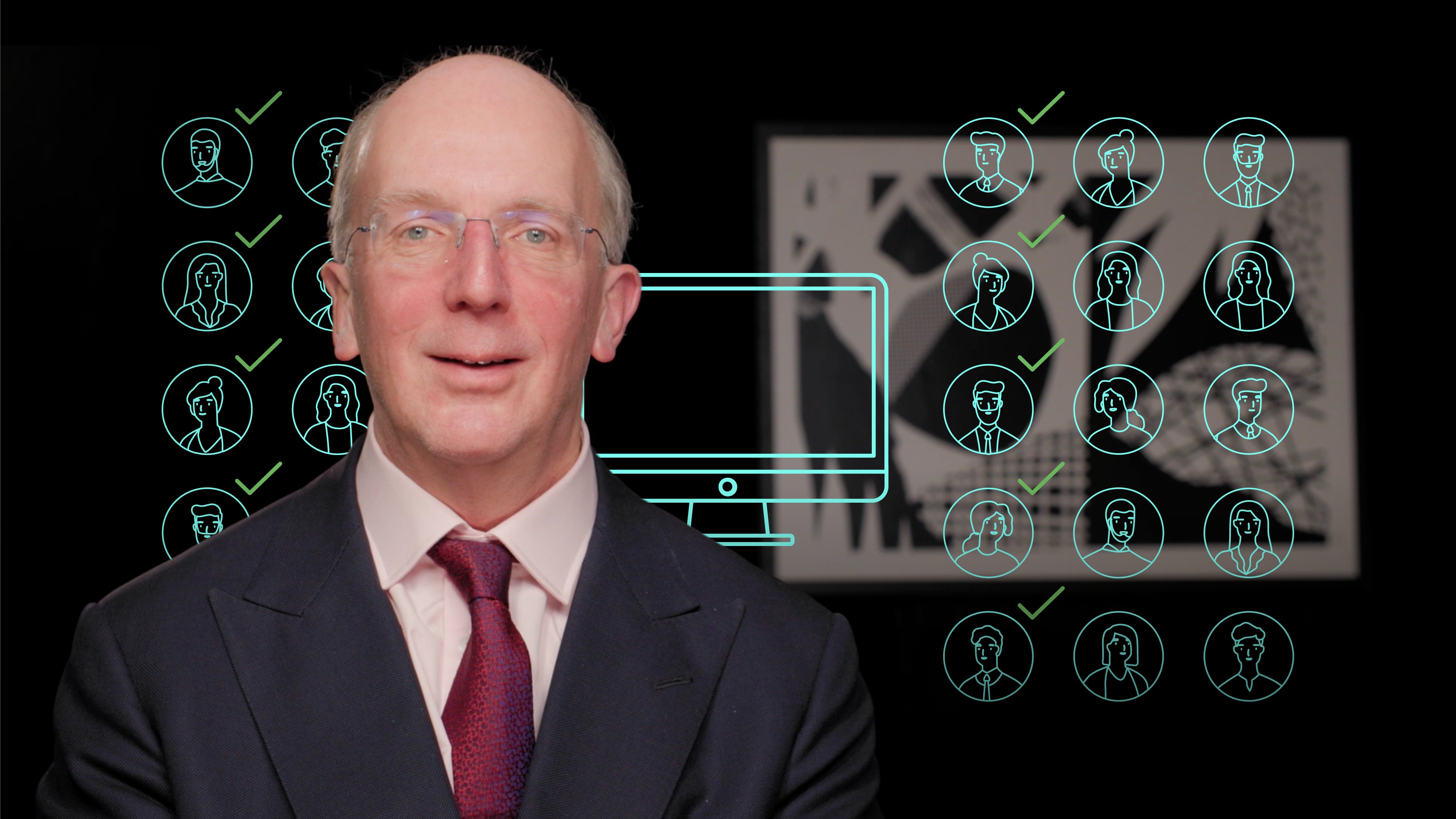
The Role of Financial Modelling

David Colver
30 years: Financial modelling
In this video, David explored the meaning of financial modelling and its two main roles in guiding pricing and bringing companies together in joint ventures, including how these feed into their overarching purpose of telling a story.
In this video, David explored the meaning of financial modelling and its two main roles in guiding pricing and bringing companies together in joint ventures, including how these feed into their overarching purpose of telling a story.
Subscribe to watch
Access this and all of the content on our platform by signing up for a 7-day free trial.

The Role of Financial Modelling
6 mins 53 secs
Key learning objectives:
Understand how financial models have evolved over the last 40 years
Learn the two key roles of a financial model
Understand how a basic model is created
Overview:
Without a crystal ball, it is impossible to predict exactly what the future holds for your business, market or your customers. The next best thing is financial modelling, which can illuminate the short and long term trajectory of your business. Financial modelling skills, both creating a financial model are therefore in high demand. Financial models have two jobs, to structure ventures and communicate the value (or lack thereof) of these opportunities.
Subscribe to watch
Access this and all of the content on our platform by signing up for a 7-day free trial.
What was modern project finance initially used for and how has it evolved?
Modern project finance has been in motion since the 1970s and has been used by industries such as mining, oil and gas to fund large scale projects. Project finance has been used to develop oil fields, buy airports and build data centres. More recently, it has become accessible to smaller projects.
What are the two key purposes of financial models?
A financial modeller's job is to tell the story through finance of how a project will be viable. They tell this story through the combination of contracts and finances, combining the team’s efforts into one place where each element of the model is available in the project’s completed financial model. In light of this, the first role of the financial model is to structure the ventures that people are planning to engage in. The second role of a financial model is to ensure that opportunities are communicated effectively to organisations wishing to participate in the venture.
How are financial models put together and what form do they take?
A typical model will be put together by between one and three analysts. It will then be read by twenty or thirty people in different organisations, all being asked for their participation and support for the proposal, which, if they agree to, will involve the handing over of hard cash.
Financial models most often take the form of Excel spreadsheets. It has been argued that these models should be written as Python programs, in Quantrix, which is a clever multi-dimensional spreadsheet. However, Excel works because most people know how to read and understand a spreadsheet.
Subscribe to watch
Access this and all of the content on our platform by signing up for a 7-day free trial.

David Colver
There are no available Videos from "David Colver"



























